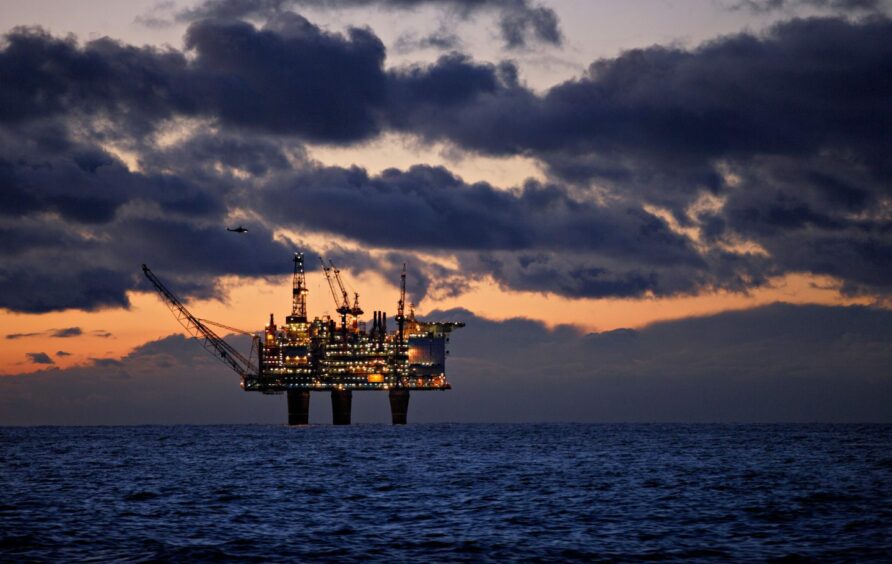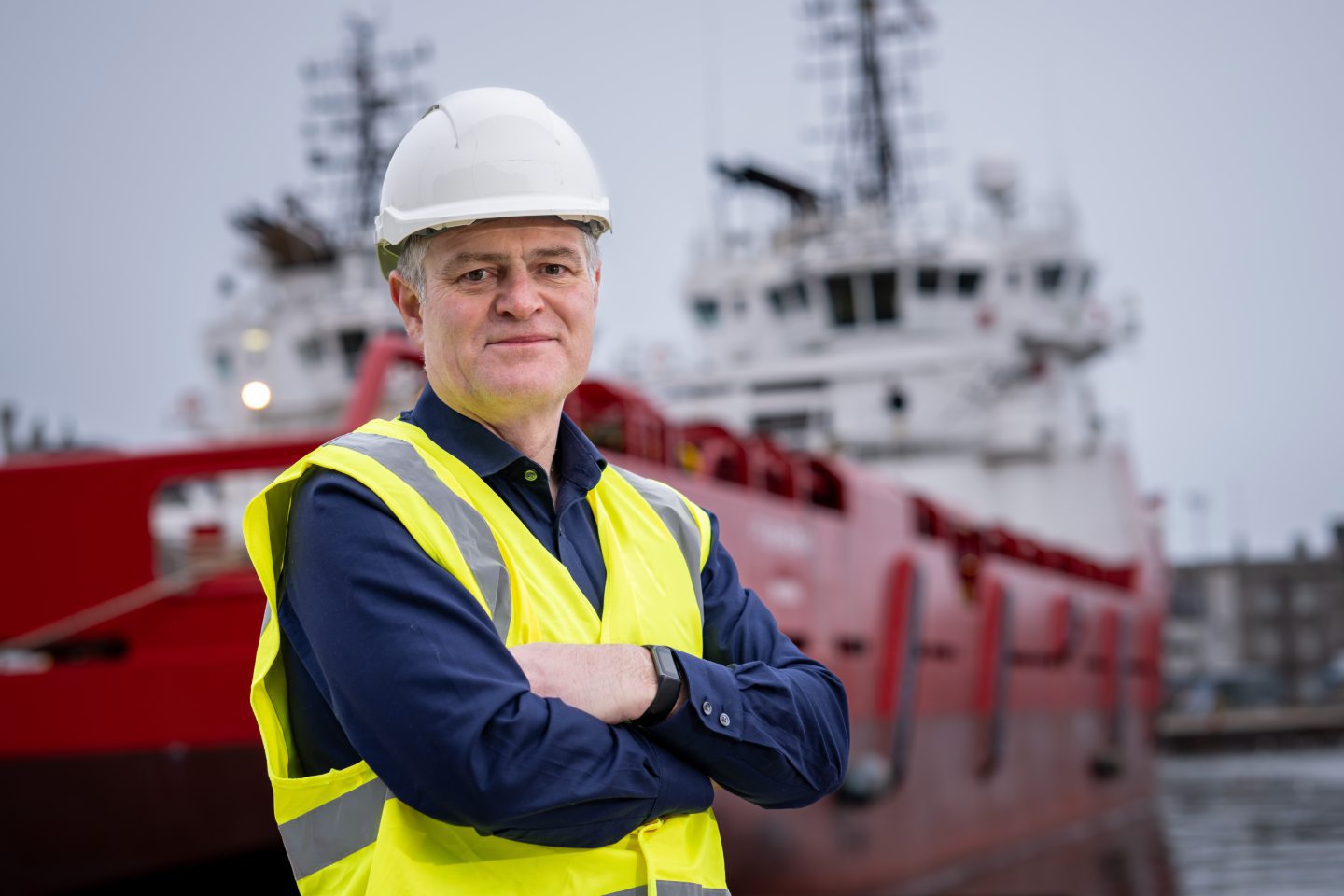
North Sea trade body Offshore Energies UK (OEUK) hit out at a new report today from the Committee on Climate Change, describing the findings as “paradoxical”.
The document warns that the UK has “lost its clear global leadership position” in part due to its support for new oil and gas exploration and opening of a new Cumbria coal mine.
It also warns that the UK is failing to build enough sources of low-carbon electricity, pointing out the need to quadruple low-carbon power generation in the next seven years to meet UK emissions reduction targets .
More than 40% of electricity came from gas-fired power stations in the last year, according to National Grid.
David Whitehouse, CEO of OEUK – which represents top North Sea producers and their suppliers – said “the CCC report’s findings are paradoxical,” and added that it risks creating “its own home-grown energy crisis”.
“On the one hand it warns that the UK is being far too slow at building the infrastructure vital for generating low carbon electricity. That clearly means we will need other sources of energy to tide us over while we build those new wind farms, solar farms and nuclear power stations.
“But the same report also supports a ban on exploring UK waters for new sources of gas and oil, so depriving the UK of that resource too. There are 283 oil and gas fields in UK waters, but many are ageing and 180 will be shut down by 2030. If we don’t replace them the UK will become up to 80% reliant on imports. We need new fields just to maintain production and so minimise imports.
“Put together, these policies mean the UK risks creating its own home-grown energy crisis – and that will hit home around 2028. That’s likely to be when the next government is seeking re-election.”
Mr Whitehouse said OEUK supports the CCC’s ambition to cut greenhouse gas emissions – but it needs to be done “without destabilising the UK’s energy security and economy”.
Does new exploration = energy security?
Last week the consultancy Wood Mackenzie pointed out that the vast majority of resource in UK waters is already sitting within existing licensed fields – so banning new exploration is unlikely to impact investment.
Where ambiguity lies is around near-field exploration, and bringing online small tie-back discoveries which can keep production hubs going for longer – this is where the majority of new production comes from in the UK.
Labour, likely to win the next general election, said this week that it will keep existing fields going for the “entirety” of their lifespans.
The last major discovery – bar Pensacola in the Southern North Sea, which is still being appraised – to be brought online was from a 2012 licensing round.
There are, however, a series of fields which are sitting pre-sanction which hold some two billion barrels of oil and gas to contribute to the UK economy and energy security.
Accelerating infrastructure build
The need to ramp up infrastructure, including delivery of projects like Acorn CCS in Aberdeenshire, has been highlighted by business leaders.
Russell Borthwick, CEO of the Aberdeen and Grampian Chamber of Commerce, said: “Today’s report points to several failings in terms of delivering net zero, which could leave the UK trailing behind other nations in terms of global leadership on new technologies and the future of green energy production.
“In turn, the consequences could be that Aberdeen and Grampian loses out on some big opportunities to be truly world-leading as we transition away from oil and gas to become the Net Zero Capital of Europe.”
He said domestic energy demand has fallen due to a milder winter, rather than addressing home inefficiency, and said work around EV charging infrastructure needs to ramp up for transport targets.
“For the oil and gas sector, which will continue to play a part in our energy mix for decades to come, there are recommendations around minimising emissions associated with current production. We need to see INTOG, for example, moving quickly if it is to make a material difference in electrifying the North Sea.
“Furthermore, there are questions raised over the role of tax policy in delivering Net Zero — chiming with our criticism of the ‘windfall tax’ as a blunt, ineffective tool that does little to incentivise investment into green energy.
“We welcome the recommendations around streamlining and accelerating the necessary electricity infrastructure required to support the rollout of more offshore and onshore wind projects and get energy to grid more quickly.
“While the report gives a nod to recent announcements on funding to support Track 2 of CCUS, it is withering about stalled commitments on existing projects — such as the Acorn project at St Fergus, which we must see move forward without further delay.”
Recommended for you


 © Supplied by OEUK
© Supplied by OEUK